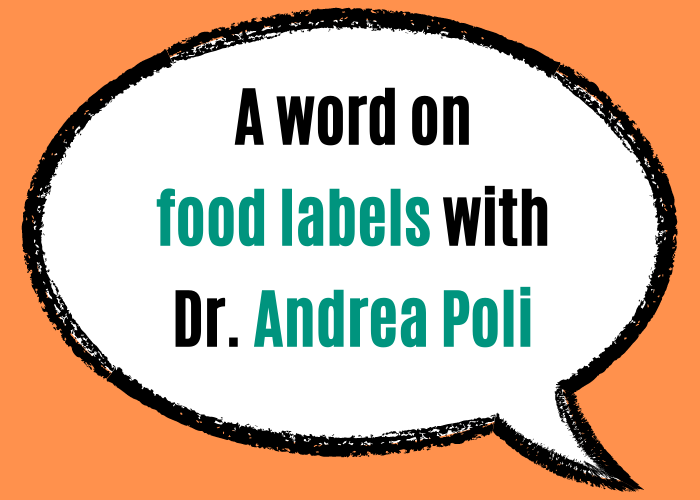[ENG] Food labelling: Interview with Dr. Andrea Poli
- 5 October 2021
- Posted by: Competere
- Category: Senza categoria

Leggi qui la versione in italiano
–
Andrea Poli, with a degree in Medicine and Surgery and a specialization in Pharmacology at the University of Milan, has contributed to the development of artery wall measurement and to the development of IMT. His main research interests then moved to the link between nutrition and the prevention and degenerative diseases. He is President of NFI – Nutrition Foundation of Italy since 2014 and holder of a teaching contract at the University of Brescia.
—
What does “transparent information” mean in the context of nutrition, and what impact can it have on consumers’ health?
Providing transparent information means passing down to the consumer consolidated knowledge on the link between food consumption or nutritional patterns and health, in a manner that is as clear as possible to the average consumer. Transparent information excludes pressures on the definition of the consumption patterns to be promoted both by private companies and equally dangerous ideologically-driven anti-industrial stances. Information should be as customizable as possible, with elements that are familiar to the consumers and that can offer relevant information in the definition of an optimal nutritional pattern (for example the restriction on sodium and salt on those affected by hypertension).
The European Union hopes to implement a harmonized nutritional label by 2023. What are the criteria for a label that actually leads to healthy and conscious food choices?
Harmonized nutritional labels should be informative, therefore providing indications that allow people to choose and to appropriately combine foods on a weekly, rather than daily, basis aimed at the achievement of health goals. Of course, such labels can only be useful if the consumer already possesses sound nutritional knowledge: in order to achieve maximum effectiveness, labels should be complementary to public education on nutrition and health.
Dietary needs can vary widely individual to individual, but not everyone has access to customized advice. How can a label inform a consumer without dictating their choices in a way that risks being counterproductive?
This is now a basic criteria, although we have only begun to acknowledge it in recent years. The idea that there exist a “one size fits all” nutrition pattern is outdated and even potentially harmful. What matters now is that the consumers be informed of the composition of foodstuffs, without necessarily reading any labels (although it is recommended), so as to identify the nutrients that they might need or that they should avoid. In a hopefully near future, we can imagine a more refined system that is able to communicate with our smartphones and provide even more specific and tailored information, such as allergies or intolerances, that can be clearly presented to the consumer.–
According to some of the labels already in use, key elements of the Mediterranean diet such as olive oil and aged cheese are to be avoided, while many nutritionists actually recommend their consumption. How can we reconcile food traditions with health and scientific opinions?
It’s extremely important that the information provided to the public are updated. The most recent data have downsized the negative impact of the saturated fats that are present in cheeses: large epidemiological studies actually show that their appropriate consumption often has positive effects on health. A similar case, more widely accepted by the nutrition community, is olive oil, especially if extra-virgin, which can be usefully integrated in almost any nutritional pattern, despite being highly caloric and almost exclusively composed of fats. Other elements of our food tradition have less favorable effects: in this case, consumers must be informed that these can be consumed occasionally but without excess. Food traditions are not by themselves a driver of promotion or exclusion of a product: only nutritional research, rigorously conducted, can answer questions about the link between food and health.

